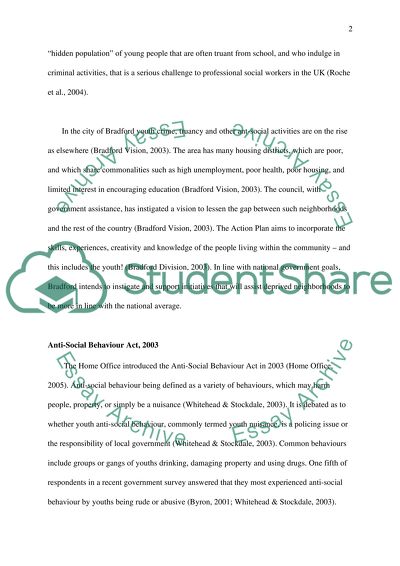Cite this document
(“Professional Youth Worker Intervention in the UK Essay”, n.d.)
Professional Youth Worker Intervention in the UK Essay. Retrieved from https://studentshare.org/sociology/1508711-professional-youth-worker-intervention-in-the-uk
Professional Youth Worker Intervention in the UK Essay. Retrieved from https://studentshare.org/sociology/1508711-professional-youth-worker-intervention-in-the-uk
(Professional Youth Worker Intervention in the UK Essay)
Professional Youth Worker Intervention in the UK Essay. https://studentshare.org/sociology/1508711-professional-youth-worker-intervention-in-the-uk.
Professional Youth Worker Intervention in the UK Essay. https://studentshare.org/sociology/1508711-professional-youth-worker-intervention-in-the-uk.
“Professional Youth Worker Intervention in the UK Essay”, n.d. https://studentshare.org/sociology/1508711-professional-youth-worker-intervention-in-the-uk.


